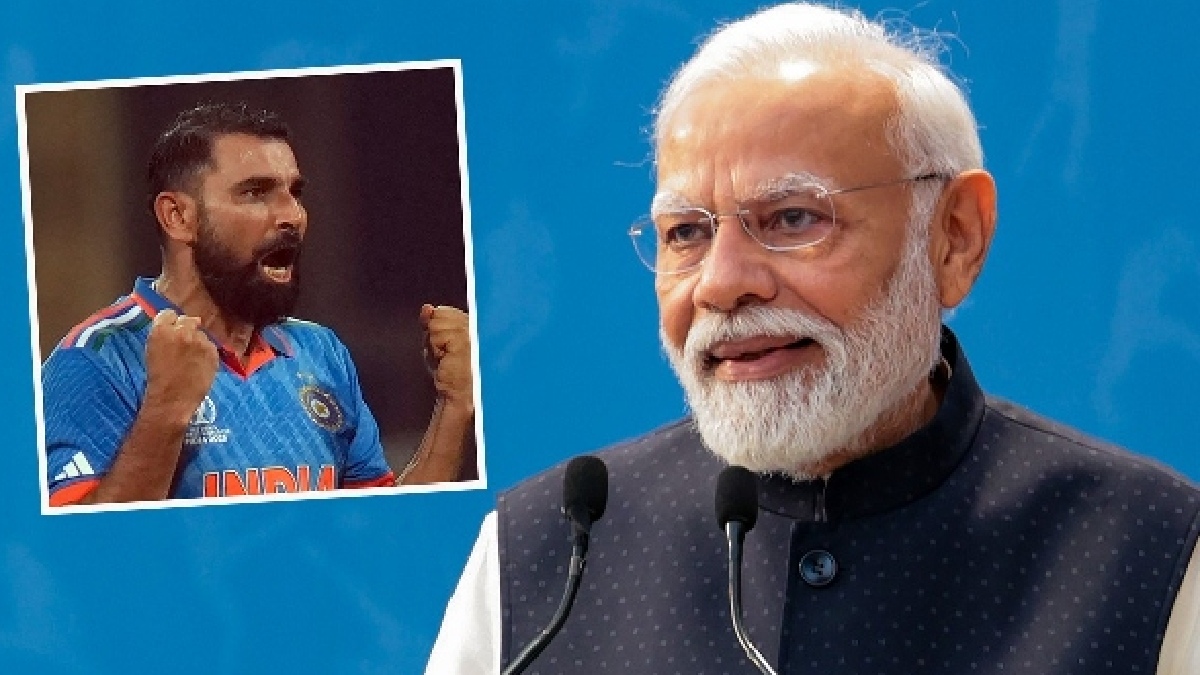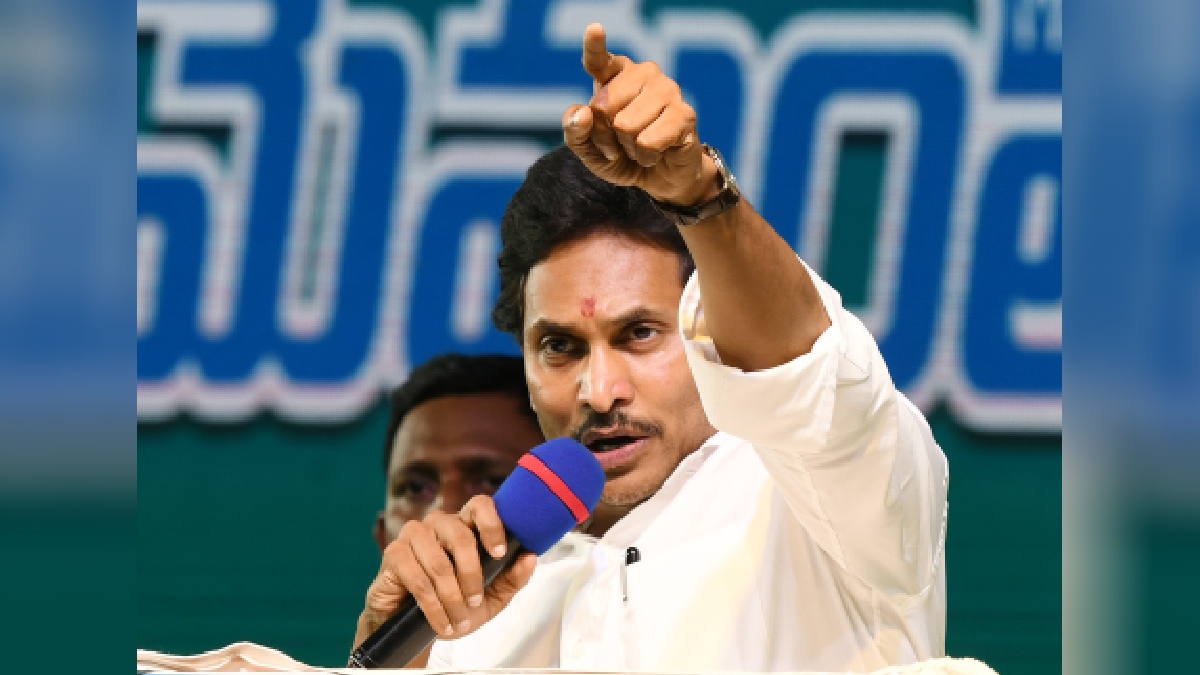Lanka: 'TN parties failed to prioritise issues for action'
The Congress-led coalition came under intense pressure in parliament to back the US-sponsored resolution at the UNHRC, when almost all parties condemned the alleged atrocities against Sri Lankan Tamils and wanted the government to act. Though the External Affairs Minister Salman Khurshid did not make a commitment, he informed that the government would keep the concerns of the MPs in mind while taking a call on voting on the resolution when it comes up on March 21, 2013.
He also said that India had demanded an independent inquiry into the abuse of human rights allegations besides investigation into the death of LTTE leader Prabhakaran and members of his family. The DMK, an important member of the ruling coalition, called for the trial of Sri Lanka's top leadership for alleged war crimes. The BJP, vociferous in supporting the Tamils, demanded the withdrawal of the army from Tamil areas, while the AIADMK reiterated its demand for imposing economic sanctions on Sri Lanka.

Congress representatives in a show of solidarity participated in the Tamil Eelam Supporters Organisation (TESO) conference organized by the DMK at New Delhi to highlight the Sri Lanka Tamil issues. The participation of Ghulam Nabi Azad, General Secretary of the AICC, in the conference showed the importance the party now attaches to the Sri Lanka issue. His statement that Sri Lanka had "a moral duty to find the truth about the inhuman acts of oppression, sexual assaults and torture of helpless persons, including the family LTTE leader Prabhakaran" was perhaps the strongest-ever statement made by a high ranking Congress leader in recent times. His hard-hitting statement quoted by The Hindu stated, "We are firmly of the view that the issues of reconciliation and political devolution in Sri Lanka need to be addressed with a sense of urgency and not merely used to buy time" should be heart-warming to the participants at the conference.
He has also said the government's decision on the UNHRC resolution would be guided by India's vote against Sri Lanka in March 2012 UNHRC meeting, gives an indication of the Congress party's line of thinking. This slightly varies with the stand taken by the Minister of External Affairs. However, it remains to be seen how much of the words are translated into action by India at Geneva.
Regardless of India's vote on the resolution, the Congress' articulation of the concerns of the people on Sri Lanka issue, publicly and in clear terms should send a strong signal to Sri Lanka. One can only hope it would prod some positive action from President Rajapaksa.
However, Congress participation came after the TESO made it clear it was not fighting for Tamil Eelam but for justice to Sri Lankan Tamils who have suffered human rights violations and continue to be denied their fundamental freedoms. This signifies no change in the Congress stand against the creation of Tamil Eelam, despite its partner DMK's support for independent Eelam.
The successful holding of the TESO conference at New Delhi with Congress participation may be considered a feather in the cap of MK Stalin, DMK leader Karunanidhi's son and heir apparent, who had spearheaded the DMK strategy. This move could also lead to strengthening of the DMK-Congress alliance in the next Lok Sabha poll.
On Tamil Nadu parties near unanimity on Sri Lanka issue
This is a healthy development as it makes easier for New Delhi to charter its course keeping in mind the concerns of the people of Tamil Nadu. However, even in the current situation, the Tamil Nadu parties failed to charter a common course of action and prioritise the issues to be considered for action. Instead, they still seemed to be keen on one-upmanship which diluted the focus on the core issues of implementing 13th amendment to the Sri Lanka constitution and impartial investigation of allegations of human rights excesses and war crimes.
What should be the priority in the Sri Lanka Tamil issue?
The large scale public and political focus on mounting allegations of human rights abuses and war crimes has clouded the real issue of reviving Tamil reconciliation process. This is a core issue which needs to be addressed by all stakeholders so that the Tamil struggle for equity is brought to a logical conclusion with a win-win solution. And full implementation of the 13th Amendment to the Constitution which devolves limited autonomy to Tamils is the first step in the reconciliation process.
Unfortunately, so far New Delhi seems to have accepted President Rajapaksa's explanations for the lack of progress in the reconciliation process. This was evident in Prime Minister Dr Manmohan Singh's statement in parliament on March 6, 2013. He said that he had written to the Sri Lankan President in September 2012 calling for immediate implementation of the 13A.
The President had gone back on his earlier promises on this issue in his Independence Day speech on February 4. What action the government had taken to reinforce its demand, subsequent to Rajapaksa's statement is not clear. Does the government not attach much importance to the President's promises? Or has it not decided on the course of action after the President reneged on his promise?
The handling of the issue shows the core weaknesses of our foreign policy in action - lack of assertive stand when required, and failure to demonstrate its agility in pursuing its goals. So we run the risk of being taken for granted by other countries, as we fail to project a confident image commensurate with our size, economic and military power and influence.
Why does not India make a public commitment to support the US resolution?
Unlike political parties, the government has a responsibility to take a stand after deliberating on the content and context of the resolution and whether it meets our objectives. As the government is accountable to the parliament and the people for its action, it should be allowed sufficient space and time to consider and handle the issue politically and diplomatically before taking a final decision.
It is for this reason the UNHRC has given sufficient time till March 21 when the resolution will be take up. So in normal course, there would be nothing wrong in the government taking a stand not articulate its decision in advance. But the government has generally suffered from a credibility gap not on foreign policy issues but other issues as well.
Unfortunately, actions taken by the government on issues of public concern have lacked transparency. Its explanations made under public pressure had at best been evasive. This has affected public faith in the words of the government. Unfortunately, this has been compounded by government's opaque transactions and inability to communicate with the public in time.
It has failed to understand the reach and take advantage of the electronic media which feeds information to the public in real time. Unless the government learns to communicate with the public and the media on a regular basis on issues of actual and potential public concern, it would continue to suffer from lack of credibility. Handling of Sri Lanka issue is a shining example of such an aberration.
By allowing the US to take proactive action on this issue, has India conceded strategic space in its neighbourhood?
India had conceded strategic space in 2002 by not participating in the peace process initiated by Norway supported by the US, Japan and European Union. After its rather miscued intervention from 1987 to 1990, the Tamil issue ceased to be a dominant issue in India's Sri Lanka policy formulation. Its policy considerations had a host of other objectives including furthering trade, strategic security links, and constructive cooperation.
Perhaps because of its strong support to Sri Lanka during the Eelam War, India was reluctant to vocalise its views when allegations of Sri Lanka's human rights violations and war crimes surfaced. This caused much disappointment to Tamils who felt India as a strategic stakeholder in Sri Lanka should use its strength on Sri Lanka to produce positive results.
The US and its western allies have a strong domestic constituency on human rights; so it was natural they took up the issue and ultimately when Sri Lanka did not respond to their concerns human rights aberrations they brought to the UN forum. The importance the US attaches to this issue is evident from the fact the US itself had sponsored the resolution instead of using some other state to propose it with its support. Though this is natural development from their point of view, it has exposed weakness in India's ability to maintain its strategic influence in Sri Lanka.
Strategic influence of nations does not remain static; they need to be nurtured and protected. India has always been shy of asserting its strategic strength, explaining it away with a lot of verbiage on middle path and non-alignment. So today it is the US which has a solid foothold in Sri Lanka and tomorrow it could be China, already making inroads in Sri Lanka. It is inevitable unless India decides to change its style.
(Col R Hariharan, a retired Military Intelligence specialist on South Asia, served with the Indian Peace Keeping Force in Sri Lanka as Head of Intelligence. He is associated with the Chennai Centre for China Studies and the South Asia Analysis Group)


 Click it and Unblock the Notifications
Click it and Unblock the Notifications



































